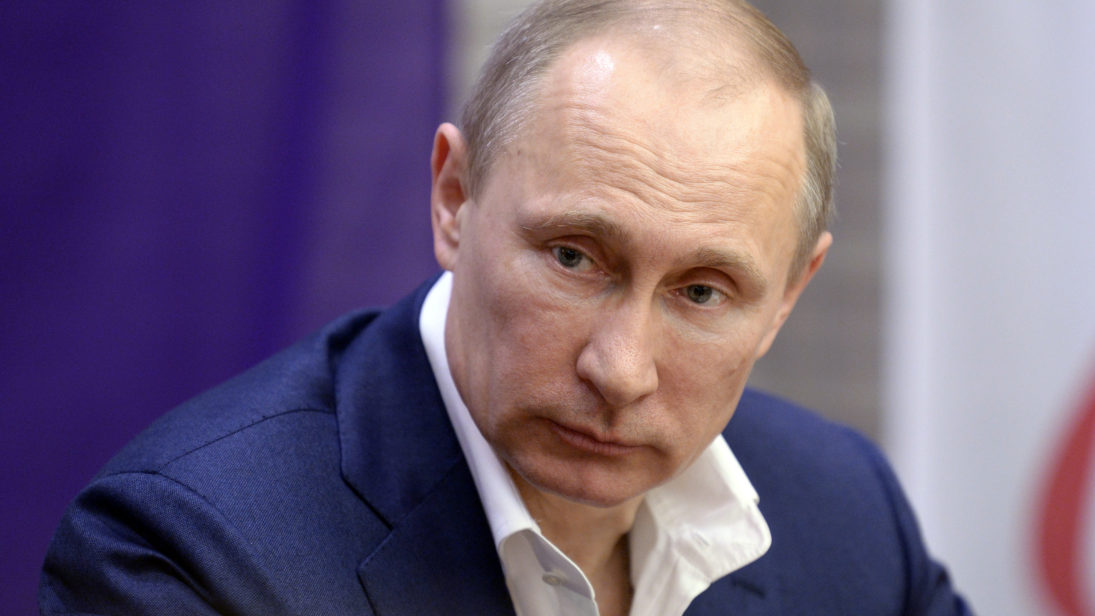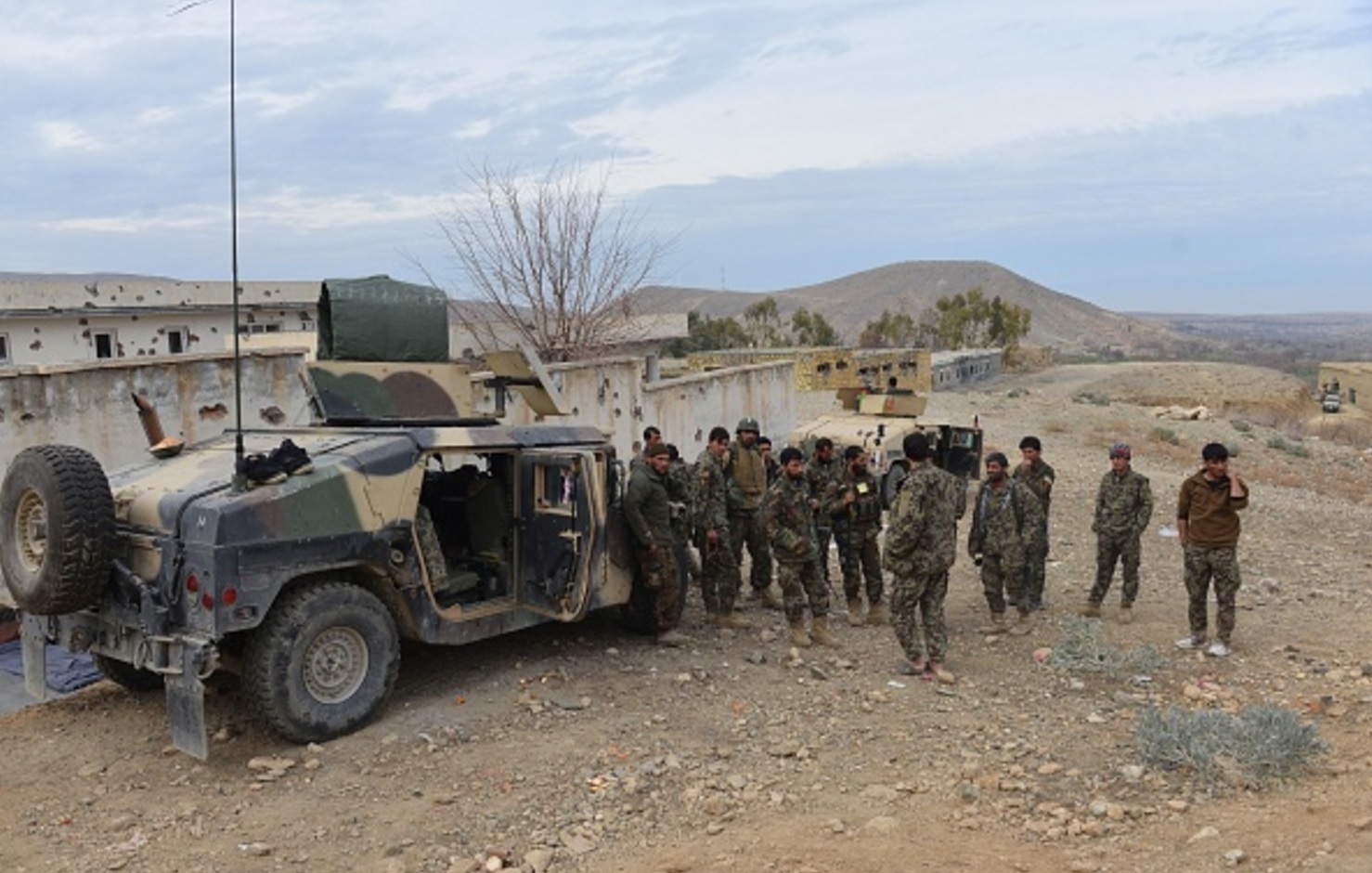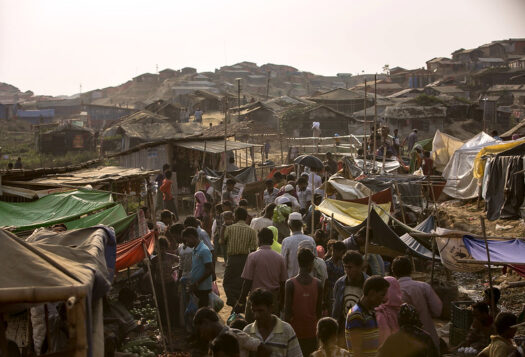
In December, Pakistan, China and Russia met in Moscow for the third round of the trilateral consultations on Afghanistan. The press release after the meeting, issued on behalf of representatives from all three countries, concurred on the deteriorating security situation in Afghanistan and attributed it to escalation by extremist groups, specifically mentioning the Afghan branch of Daesh. Russia and China also reiterated “flexible approaches” towards the removal of some individuals from the United Nations Security Council (UNSC) list of sanctioned persons in order to “promote peaceful dialogue between Kabul and the Taliban movement,” a development that has been favorably received by the Taliban. Moreover, last month saw Russia, Afghanistan, India, China, Iran, and Pakistan coming together in Moscow for the six party talks on Afghanistan. These developments indicate Moscow’s renewed interest in Afghanistan, given the continued instability within the country. The multiple layers at which Moscow is acting and engaging with the Afghan state, non-state actors as well as regional players, clearly entails a stepping up of Russian engagement in Afghanistan.
Recently, Russia has increasingly acknowledged the need to engage the Taliban, viewing the group as a “potent political armed force.” While the initiation of ties between the two in the post 9/11 phase is believed to have occurred in 2007-2008, the visible increase in the number of recent meetings between them might signal new dynamics. While Moscow contends that the engagement is geared towards ensuring protection of Russian citizens and promotion of the Afghan peace process, Taliban officials reportedly claim that Russian support has entailed moral and political succor. The former narrative shows a more utilitarian approach whereas the latter narrative seems to paint the association as moral and political backing for the Taliban. Zamir Kabulov, Russia’s presidential envoy to Afghanistan, has stated that Russia and the Taliban have a common interest in fighting Daesh, a position that has been reiterated by Alexander Mantytskiy, Russia’s ambassador to Kabul. The statement was ill-received in Afghanistan–a resolution passed by the Wolesi Jirga urged the National Unity Government to prevent other countries from interfering in the country’s internal affairs under the pretext of support for the Taliban against Daesh.
Kabulov also stated, at the Heart of Asia ministerial meeting in December, that Pakistan’s cooperation is integral to the elimination of Daesh from the subcontinent. This may explain Russia’s recent entente with Pakistan, which includes their first ever joint military exercise in September 2016, the first ever bilateral consultation on regional issues in December 2016, and the intended delivery of four Mi-35M attack helicopters in 2017. India, however, seeks to draw international attention to Pakistan’s role in supporting terrorism in the region. As a result, the evolving dynamic between Islamabad and Moscow combined with Russia’s engagement with the Taliban, which India perceives as a great threat, have not been received positively by New Delhi.

According to news reports, Russian Deputy Foreign Minister Oleg Syromolotov has apparently claimed that Daesh has a greater interest in Central Asia than Afghanistan. If this is true, it does not augur well for Russia, given Russia’s geographical proximity to Central Asia and the possibility of spillover of Daesh activities. Thus, Russia perceives Daesh’s increasing activities along the Afghan-Central Asian border as a threat, and has expressed concern claiming that more than 700 Daesh terrorist families have arrived in Afghanistan from Syria.
According to an agreement between the Afghan Government and Gulbuddin Hekmatyar, leader of the Hezb-e-Islami Afghanistan (HIA), the Afghan government formally requested the removal of Hekmatyar from the UNSC sanctions list. Although Russia did not block the request, it reportedly stated it needed more time than the 10-day response period for deliberation over the request. Russia’s action was likely a result of its perception that the HIA agreement was in the interest of the United States. U.S. and Afghan officials had been pushing for the Hezb-e-Islami deal since they saw it as a template for peace agreements with more potent actors in Afghanistan. However, the fact that Russia finally approved the removal of Hekmatyar from the international sanctions list is significant because it shows that Russia has chosen to focus on dealing with Daesh over other considerations.
While Russia claims that its efforts are intended at limiting the fall out for Russia from the Afghan conflict, Russian engagement in Afghanistan is perceived by some to be geared towards balancing U.S. influence in the country, while others contend that this is part of Russia’s attempts to increase its international outreach. Some also predict that an improvement in the ties between Trump’s United States and Putin’s Russia may translate favorably for Afghanistan. However, irrespective of how United States-Russia ties pan out, Russian engagement in Afghanistan is reflective of Putin’s intentions to not remain a bench-warmer in areas of vital concern for Moscow.
During a recent visit to Afghanistan, Thomas Shannon, the U.S. Under Secretary for Political Affairs, claimed that U.S. commitment to Afghanistan will only deepen during Donald Trump’s presidency. The question that many are asking is: are we witnessing the return of the great game in Afghanistan? Great game or not, Russia seems intent on making its presence felt, and this might mean a re-calibration of strategies and policies by the host of regional and extra-regional players with stakes in Afghanistan.
Editor’s note: In recent times, Russia has reached out to the Afghan Taliban, conducted its first ever military exercise with Pakistan, and drifted away from its traditional partner in the region, India. Our four-part series examines the significance of these events and whether they constitute a shift in Russia’s South Asia policy. This is part 1. Read the entire series here.
Click here to read this article in Hindi
***
Image 1: The Kremlin
Image 2: Getty Images, Andalou Agency


